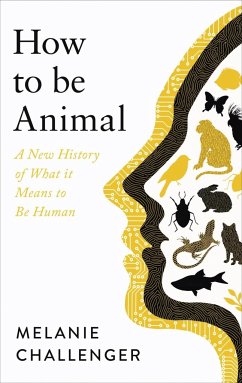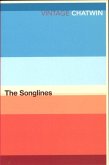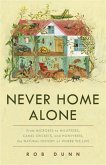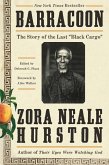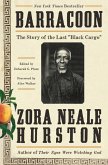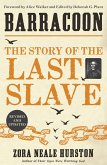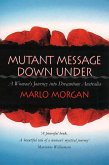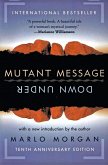Humans are the most inquisitive, emotional, imaginative, aggressive and baffling animals on the planet. But how well do we really know ourselves?
How to Be Animal writes a remarkable story of what it means to be human and argues that at the heart of our psychology is a profound struggle with being animal. As well as piecing together the mystery of how this psychology evolved, this book examines its wide-reaching effects on our lives, from our politics to the ways we distance ourselves from other species. We travel from the origins of Homo sapiens through the agrarian and industrial revolutions, the age of the internet, and on to futures of AI and human-machine interface. We examine how technology influences our sense of our own animal nature and our relationship with the other species with whom we share this fragile planet.
Drawing on new evidence from a wide range of disciplines, Challenger proposes that being an animal is a process, beautiful and unpredictable, and that we have a chance to tell ourselves a new story, to realise that if we matter, so does everything else.
Hinweis: Dieser Artikel kann nur an eine deutsche Lieferadresse ausgeliefert werden.
How to Be Animal writes a remarkable story of what it means to be human and argues that at the heart of our psychology is a profound struggle with being animal. As well as piecing together the mystery of how this psychology evolved, this book examines its wide-reaching effects on our lives, from our politics to the ways we distance ourselves from other species. We travel from the origins of Homo sapiens through the agrarian and industrial revolutions, the age of the internet, and on to futures of AI and human-machine interface. We examine how technology influences our sense of our own animal nature and our relationship with the other species with whom we share this fragile planet.
Drawing on new evidence from a wide range of disciplines, Challenger proposes that being an animal is a process, beautiful and unpredictable, and that we have a chance to tell ourselves a new story, to realise that if we matter, so does everything else.
Hinweis: Dieser Artikel kann nur an eine deutsche Lieferadresse ausgeliefert werden.
The best critique of the myth of human exceptionalism I have read. Clearly and beautifully written, compellingly argued and packed with powerful and moving stories, it shows how the fact that we humans are animals has been denied and repressed, with profoundly damaging consequences for the way we live and for the planet. But this brilliant book is not only a critique. By showing that being human means being animal, it reveals how much joy in life we can gain if we recognise and accept the truth about ourselves. Read and digest this book, and you will not only be wiser but also happier JOHN GRAY author of Feline Philosophy

